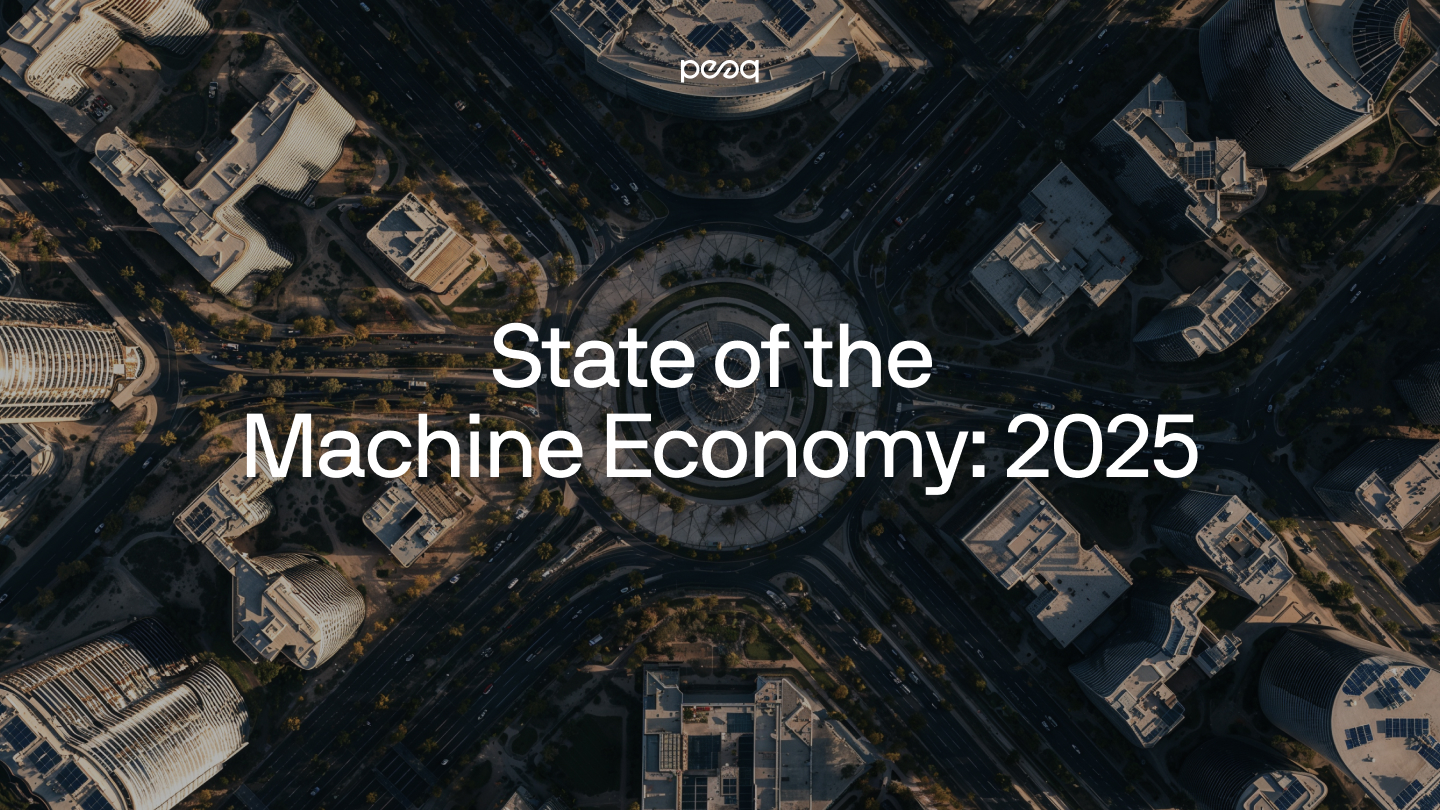Web3 News
More News
-
2025 12 16
-
2025 12 04
-
2025 12 02
-
2025 11 18
-
2025 11 15
-
2025 11 06



